Cold and Flu season stats To start, there are over 200 different viruses cause influenza and influenza-like illness (fever, headaches, aches and pains, coughs, runny nose). According to a recent Cochrane review, the flu vaccine might only be effective against Influenza A and B, which represents about 10% of all circulating viruses (Jefferson et al, 2013). The authors’ conclusion from that review was, “Influenza vaccines have a modest effect in reducing influenza symptoms and working days lost. There is no evidence that they affect complications, such as pneumonia, or transmission.” (Jefferson et al., 2013). Period of Contagiousness You may be able to pass on the flu to someone else before you know you are sick, as well as while you are sick. Most healthy adults may be able to infect others beginning 1 day before symptoms develop and up to 5 to 7 days after becoming sick. Some people, especially young children and people with weakened immune systems, might be able to infect others for an even longer time. How Flu Spreads Most experts believe that flu viruses spread mainly by droplets made when people with the flu cough, sneeze or talk. These droplets can land in the mouths or noses of people who are nearby. Less often, a person might also get flu by touching a surface or object that has flu virus on it and then touching their own mouth, eyes or possibly their nose.
Additional Helpful Measures Think drinking tea is just for your grandma? Well think again! Herbal Teas In a Harvard study, they found that people who drank 5 cups a day of black tea for 2 weeks had 10 times more virus-fighting interferon in their blood than others who drank a placebo hot drink. The amino acid responsible for this immune boost, L-theanine, is abundant in both black and green tea—decaf versions have it, too. Your optimal dose: Several cups daily. To get up to five times more antioxidants from your tea bags, bob them up and down while you brew.
Infusion vs. Decoction
An infusion is a water-based preparation made by steeping leaves, flowers, and other non-woody parts of a plant in either hot or cold water. The traditional cup of herb tea is the archetypal infusion. A decoction is also water based, but it’s done by gently simmering the herb in boiling water. This method is used for tougher plant parts, such as roots, barks and seeds. Powders: What are they good for? Usually when people think of tea they think of the leaves and flowers of the plant in a cup of hot water. However, there are certain herbs that are better made into an infusion using the powdered form. For example, some herbs are rich in volatile oils that are medicinally useful and when boiled will evaporate and be lost. Valerian root is an example of a woody part that would be better ground to powder and prepared as an infusion. The preparation method usually depends on the use of the herb. This is why it is important to consult with a trained practitioner because they can help you select the most appropriate herb and preparation method based on your particular health concerns. Note: This presentation is not meant to replace the advice of a trained practitioner. In order to formulate a proper treatment plan, you should consult with your Naturopathic Doctor or other health care provider. Resources: Center for Disease Control and Prevention. (2013). Seasonal Influenza: Key Facts about Influenza (Flu) & Flu Vaccine. http://www.cdc.gov/flu/keyfacts.htm Hoffmann, D. (2003). Medical Herbalism: The Formulation and Preparation of Herbal Medicines. Healing Arts Press. Print. Jefferson et al. (2013). Vaccines to prevent influenza in health adults. http://summaries.cochrane.org/CD001269/vaccines-to-prevent-influenza-in-healthy-adults. Ontario Association of Naturopathic Doctors. (2013). Staying Healthy in Cold and Flu Season. http://www.oand.org/staying-healthy-in-cold-and-flu-season/ Public Health Agency of Canada. (Nov 2, 2013). Flu Watch: Influenza/ILI Activity (geographic spread). http://www.phac-aspc.gc.ca/fluwatch/13-14/w44_13/pdf/fw2013-44-eng.pdf
1 Comment
What Can We Do About It? Keeping this in mind, what can we do to change this for the better? We can’t eliminate stress altogether, a little bit of stress is a good thing. However, the problem starts when this crosses over into distress, when stress is no longer tolerable or manageable. This is when we need to put strategies in place that help to minimize the experience of negative stress.
Note: Talk to your Naturopathic Doctor today about getting assessed and treated if needed, and as always talk to your health care provider before beginning any new medication or supplement. This information is not meant to replace the advice/guidance of a medical professional, nor should it be acted upon by individuals unsupervised by the appropriate healthcare provider.
 February Is Heart Health Month In the spirit of reminding everyone about the importance of keeping your heart healthy, this post is going to be all about heart health and how to recognize the warning signs of heart attack. Did You Know? Every 7 minutes in Canada, someone dies from heart disease or stroke (Statistics Canada, 2011c). Heart disease and stroke are two of the three leading causes of death in Canada. These statistics are based on 2008 data (the latest year available from Statistics Canada).
What Is Heart Disease? Cardiovascular diseases are defined as diseases and injuries of the cardiovascular system: the heart, the blood vessels of the heart and the system of blood vessels (veins and arteries) throughout the body and within the brain. Stroke is the result of a blood flow problem in the brain. It is considered a form of cardiovascular disease. How Can I Tell Someone Is Having a Heart Attack? Common Symptoms - Pain in the chest/ arm, often the left arm. For women, a more common symptom is jaw/neck pain. - Stomach pain, can feel similar to heartburn - Shortness of breath - Anxiety. Some people actually describe feeling ‘an impending sense of doom’ - Lightheadedness - Sweating - Nausea and vomiting Are Symptoms Always Obvious? Most heart attacks begin with subtle symptoms — with only discomfort that often is not described as pain. The chest discomfort may come and go. Don't be tempted to downplay your symptoms or brush them off as indigestion or anxiety. Don't "tough out" heart attack symptoms for more than five minutes. Call 911 or other emergency medical services for help. If you don't have access to emergency medical services, have someone drive you to the nearest hospital. Drive yourself only as a last resort, if there are absolutely no other options. Heart attack symptoms vary widely. For instance, you may have only minor chest discomfort while someone else has excruciating pain. One thing applies to everyone, though: If you suspect you're having a heart attack, call for emergency medical help immediately. What Can Naturopathic Medicine Do for Heart Health? One of the central tenants of Naturopathic Medicine is teaching the principles of healthy living and preventative medicine. That means we work to help prevent heart disease BEFORE it happens. We can utilize many tools to help you achieve optimal health:
We'll formulate an individualized treatment plan focusing on your particular risks and needs to significantly decrease your risk of heart attack and stroke. That being said, there are also many things we can do after a heart attack or stroke to increase healing, decrease recovery time and maximize your quality of life.
Have more questions about what Naturopathic Medicine can do for you and your heart? Take advantage of our Free 15 minute consults to find out more today. References: Heart and Stroke Foundation of Canada. ‘Health Information’. http://www.heartandstroke.com/site/c.ikIQLcMWJtE/b.3484021/k.7C85/Heart_Disease.htm Mayo Clinic. Heart Attack Symptoms: Know what’s a medical emergency. http://www.mayoclinic.org/diseases-conditions/heart-attack/in-depth/heart-attack-symptoms/art-20047744 Murray M. & Pizzorno, J.. (1998) Encyclopedia of Natural Medicine (2nd Ed.). Heart Disease, pg 500-507. Three Rivers Press. Godfrey A. & Saunders P.R. (2010) Principles & Practices of Naturopathic Botanical Medicine: Volume I: Botanical Monographs. Cardiovascular System, pg. 81-138. CCNM Press.  5 Things That Could Help Improve Your Sleep 1. Sleep in a dark room - When going to sleep at night make sure the drapes are drawn, the computer is off or out of the room, and any other possible sources of light are blocked out. Your brain responds to darkness by producing more of the 'sleep time hormone' melatonin, so if there is too much light you may not be producing enough melatonin to send you off to a good night sleep. 2. Keep a regular bedtime and wake up time - Going to bed and waking up at the same time each day helps to support your circadian rhythms, which is the natural rhythm your body develops that runs all your physiologically processes in a given day. Having a consist sleep time will allow your body to know when to prep for sleep so you get better sleep easier. 3. Decrease the Stimulants - Anything that contains caffeine (coffee, black tea, most soft drinks, etc.) can contribute to sleep problems. Stimulants have the effect of increasing our sympathetic response, also called the fight or flight response. The body needs to be in parasympathetic mode in order to rest. Consuming less or cutting out stimulants can be very helpful with getting more sleep.
4. Herbal Teas
- A nice soothing cup of tea before bed can make getting to sleep that much easier. There are many ‘sleepy time’ type teas on the market at the grocery store, health food store or local tea shop. One common tea is chamomile, which is very soothing for the nervous system, among other properties. Consider consulting a health care practitioner, such as a Naturopath, for herbal suggestions that will best suit your needs. 5. Acupuncture - Acupuncture has been used for all kinds of conditions for thousands of years as part of Traditional Chinese Medicine. Insomnia, or difficulty sleeping, can be very effectively addressed through Acupuncture. A preliminary report in 2004 found that in patients with anxiety, acupuncture increased nighttime melatonin production and total sleep time. The patients who received acupuncture fell asleep faster, woke less during the night, and were less stressed. The researchers concluded that, “Acupuncture treatment may be of value for some categories of anxious patients with insomnia.” Note: This does not represent an exhaustive list of possibilities for dealing with insomnia. If you suffer from insomnia and require more information, contact your Naturopathic Doctor to find out how they can help you with your health care needs. References: 1. Spence, DW. et al. (2004). Acupuncture increases nocturnal melatonin secretion and reduces insomnia and anxiety: a preliminary report. J Neuropsychiatry Clin Neurosci. Winter;16(1):19-28. 2. Nutrition and Healthy Eating. http://www.mayoclinic.com/health/caffeine/AN01211. Copyright Oct. 1, 2011. |
Sarah Connors
I am a Naturopathic Doctor and Doula providing care in the Kitchener-Waterloo area. I have a passion for helping people with their health issues and improving the birth experience for Moms, and their babies. I also have a life long love affair with soccer, curling, and the alto saxophone. Archives
November 2020
Categories
All
|
Photos from Rural Royalty, manu flickr2010, Ryan Dickey, wocintechchat, huskyte77, paulswansen, Black Room Photography, harum.koh, Emery Co Photo, JeepersMedia, BrownGuacamole, wellnesswildflower, JeepersMedia, vastateparksstaff, colindunn, seelensturm, /\ \/\/ /\, 50mm.za, The Simpsons (Lee, Shirley, Luke and Rachel), AGRONAUTI, aivas14, Jonathan Rolande, winnifredxoxo, juhansonin, osseous, nan palmero, Theo Crazzolara, brianfagan, TP studio, wuestenigel, torbakhopper, anka.albrecht, Michael Stern, [-ChristiaN-], franchiseopportunitiesphotos, terren in Virginia, nateOne, barnimages.com, Dun.can, wuestenigel, @lattefarsan, amandabhslater, aphrodite-in-nyc, nutritionaldoublethink, Anne Worner, donnierayjones, mikecogh, angeloangelo, Rob.Bertholf, getaiwan, Lida Rose, matsuyuki, SurFeRGiRL30, marcoverch, amsfrank, mdaltry, nutrition education, Mike Prince, Edsel L, Neighborhood Nini, philipp.alexander.ernst, Mediocre2010, homethods, quinn.anya, Gamma Man, katerha, Eric Kilby, National Institutes of Health (NIH), rcmd_cfdfw_5_2, curtis palmer, Ray in Manila, frankieleon, Airsoftpal.com, byzantiumbooks, cchana, Brian Legate, Matt Lavin, BradHinton, monpetitchouphotography, wuestenigel, alexisjordanlewis, ByEPhotos, erix!, RLHyde, return the sun, quinn.anya, mliu92, frankieleon, loudista, Lyn Lomasi, upslon, derrickbrutel, cchana, National Institutes of Health (NIH), watts_photos, marcoverch, derrickbrutel, francesbean, weegeebored, Airsoftpal.com, Etwood, wu_135, shixart1985, Ingrid Taylar, VeritasFotografie, BioDivLibrary, emmanuelmorales1, Thanks for 1.5 Million Views!!, Will Merydith, reader of the pack, RoxyHobbs, Khanelle Prod' Medias, storyvillegirl, agromonitor, Arenamontanus, six:eleven, cote, SweetOnVeg, nenoirenediaz, lucianvenutian, markhillary, anotherlunch.com, inkknife_2000, archibald jude, rawtrigger, Imaginary Museum Projects: News Tableaus, Pavel P., Courtney Emery, Thien Gretchen, physiognomist, bark, Michigan Municipal League (MML), alberth2, Merelymel13, neofob, Care_SMC, Parker Knight, B*2
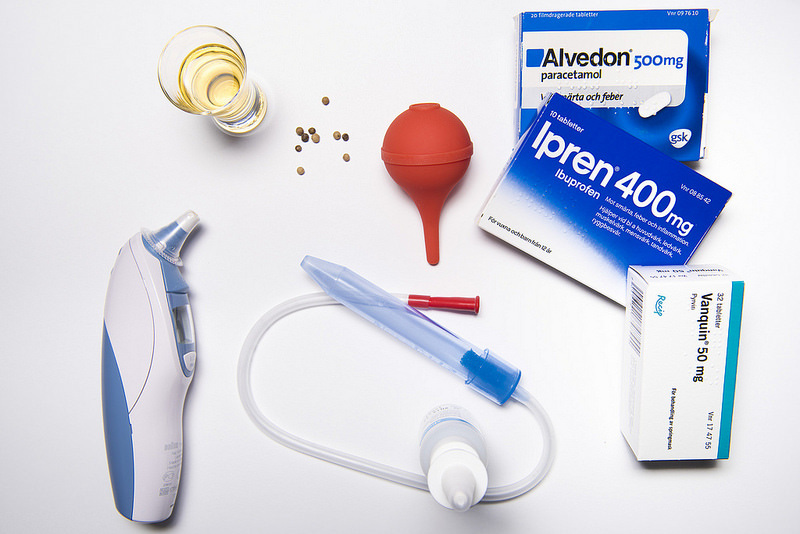
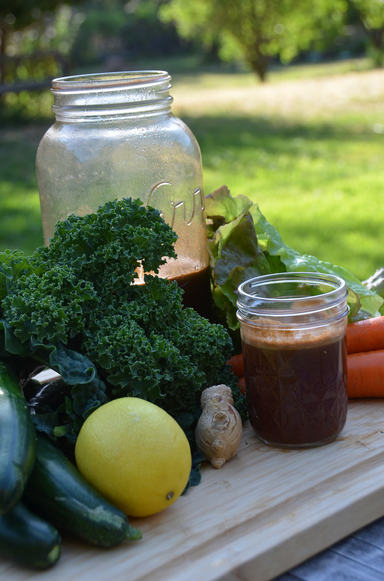

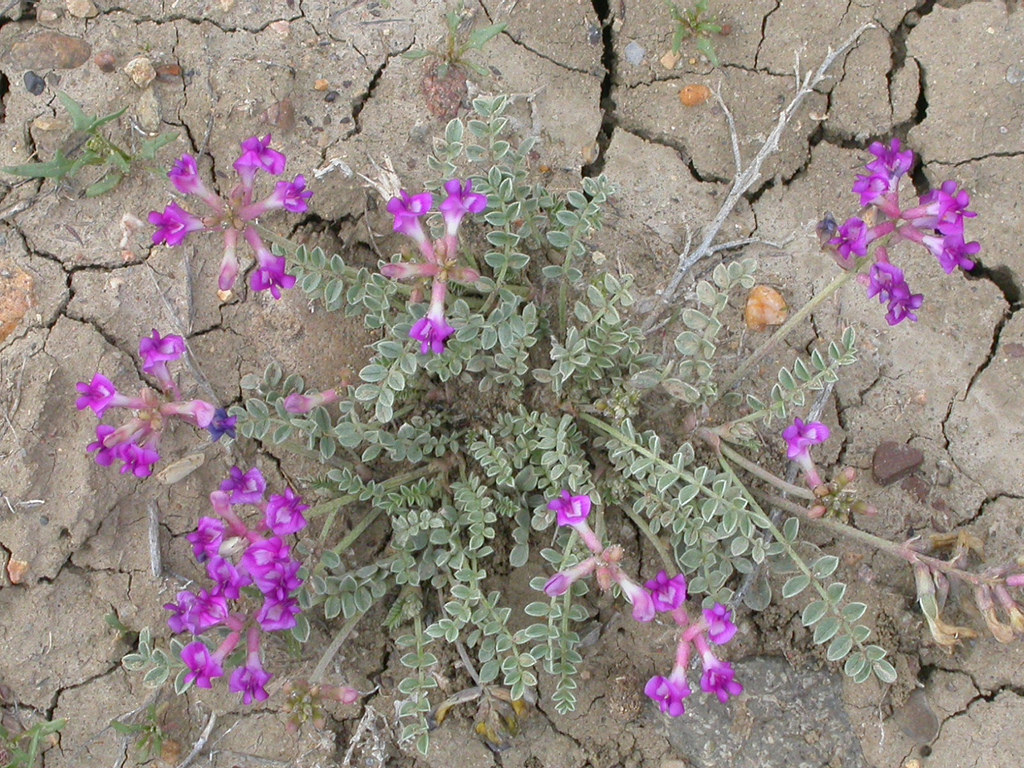

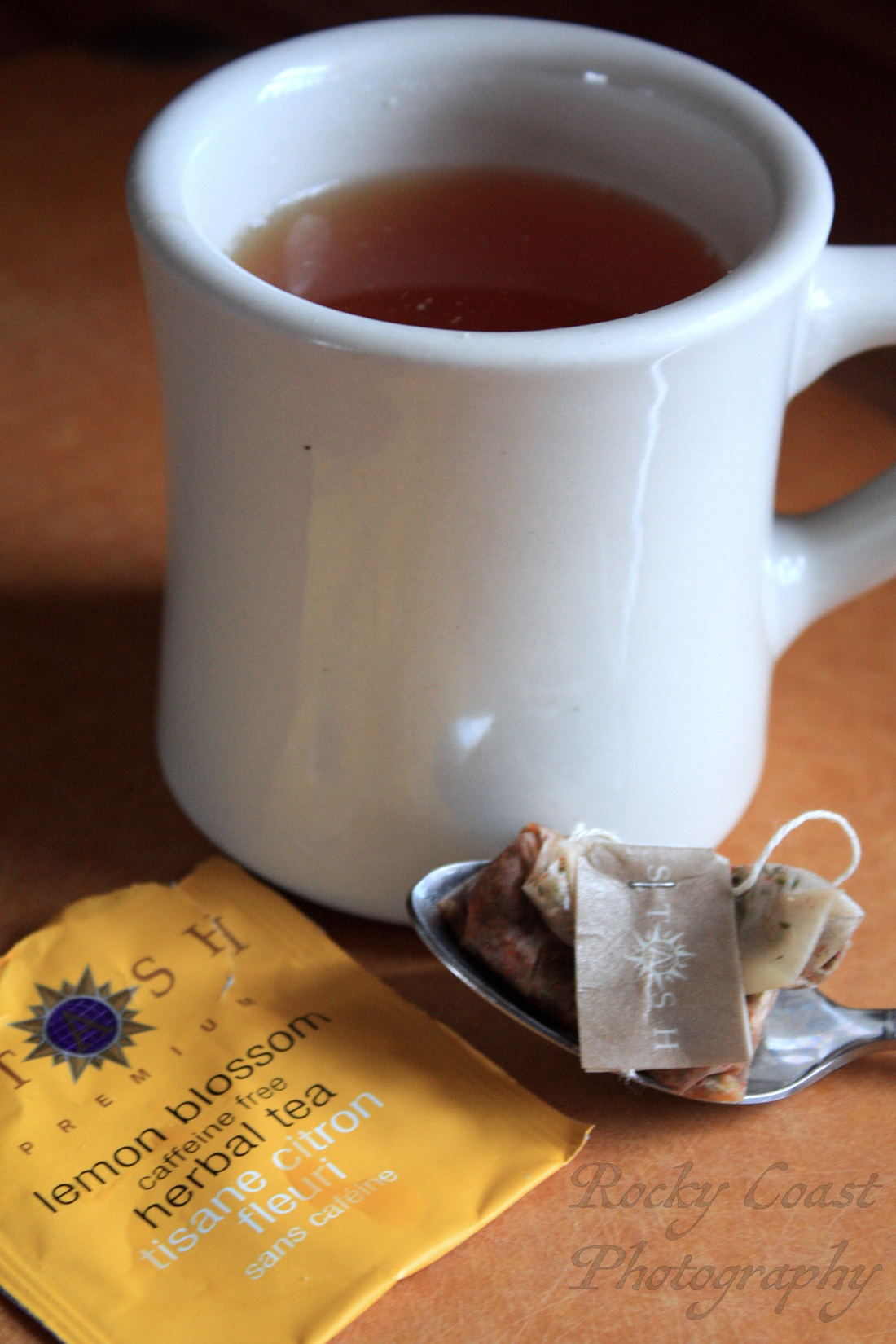


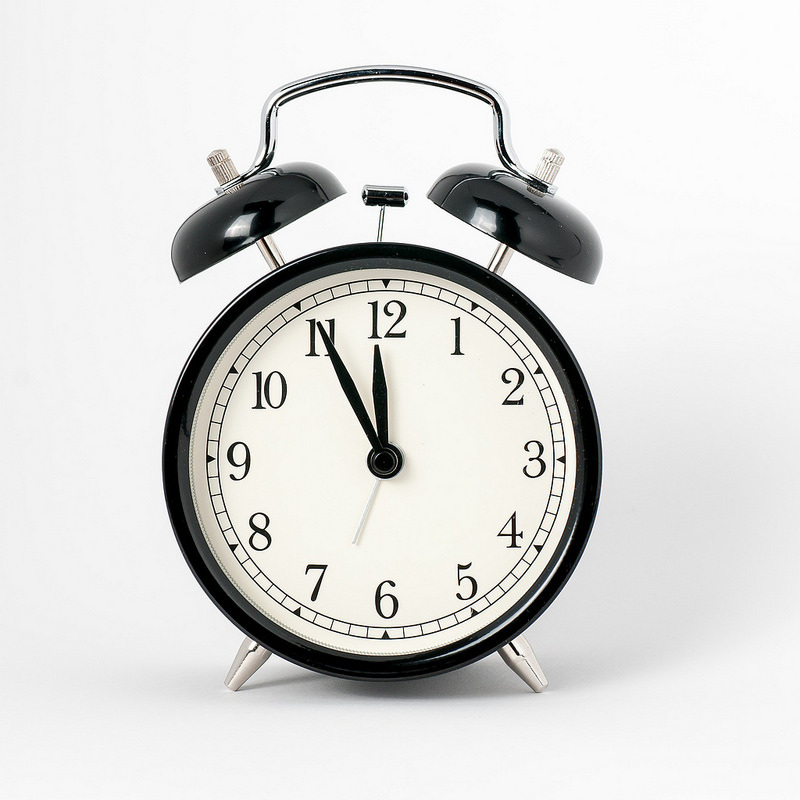
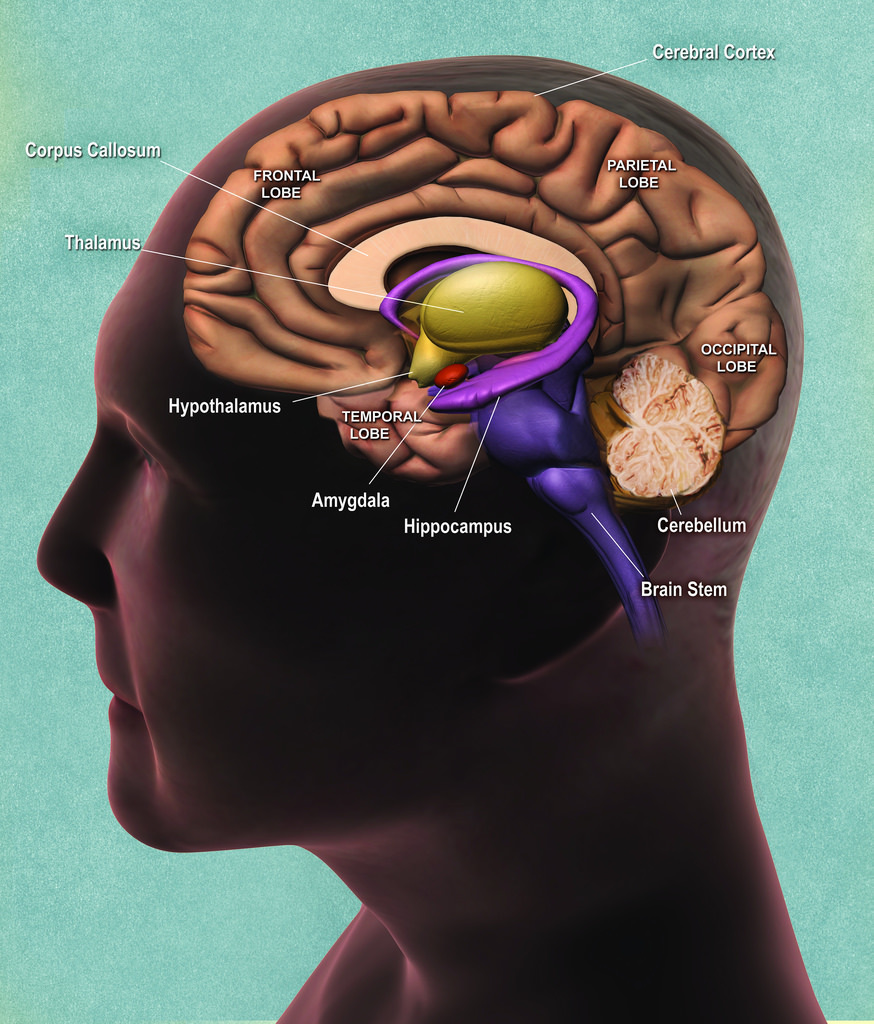


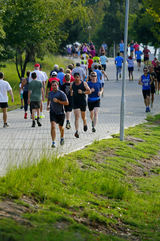
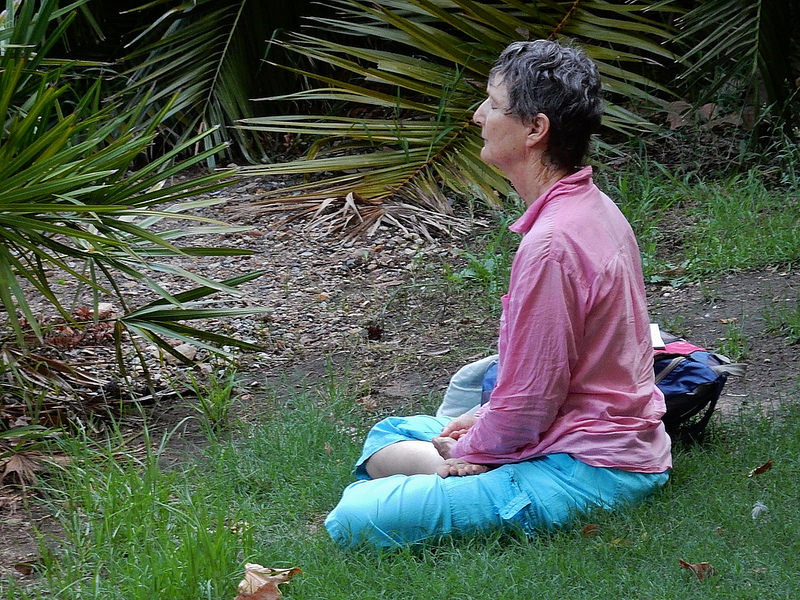




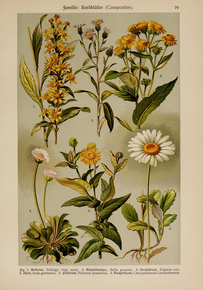
 RSS Feed
RSS Feed
